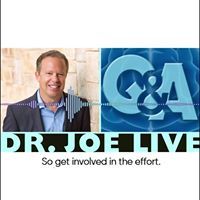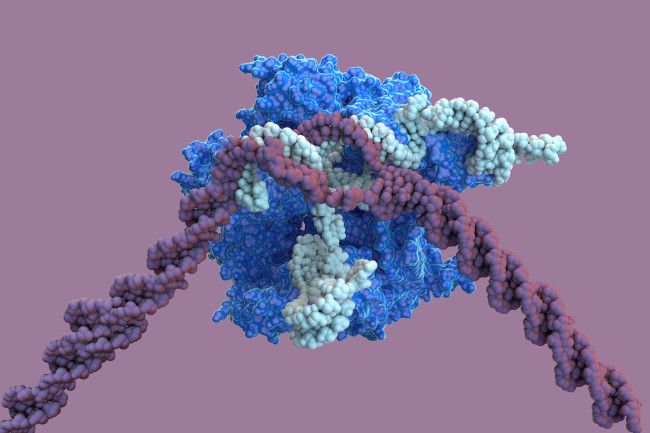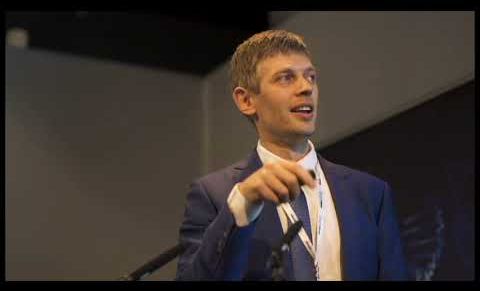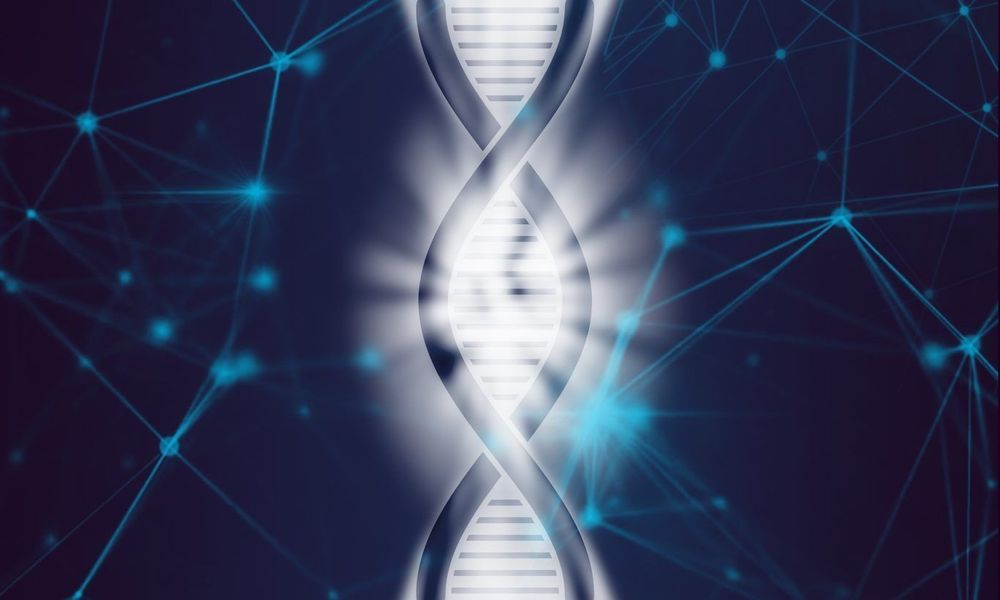Jan 3, 2020
Delivering TB vaccine Intravenously dramatically Improves Potency, study shows
Posted by Paul Battista in categories: biotech/medical, genetics
Worldwide, more people die from tuberculosis (TB) than any other infectious disease, even though the vast majority were vaccinated. The vaccine just isn’t that reliable. But a new Nature study finds that simply changing the way the vaccine is administered could dramatically boost its protective power.
Researchers at the University of Pittsburgh School of Medicine and the National Institute of Allergy and Infectious Diseases (NIAID) discovered that intravenous TB vaccination is highly protective against the infection in monkeys, compared to the standard injection directly into the skin, which offers minimal protection.
“The effects are amazing,” said senior author JoAnne Flynn, Ph.D., professor of microbiology and molecular genetics at the Pitt Center for Vaccine Research. “When we compared the lungs of animals given the vaccine intravenously versus the standard route, we saw a 100,000-fold reduction in bacterial burden. Nine out of 10 animals showed no inflammation in their lungs.”

















